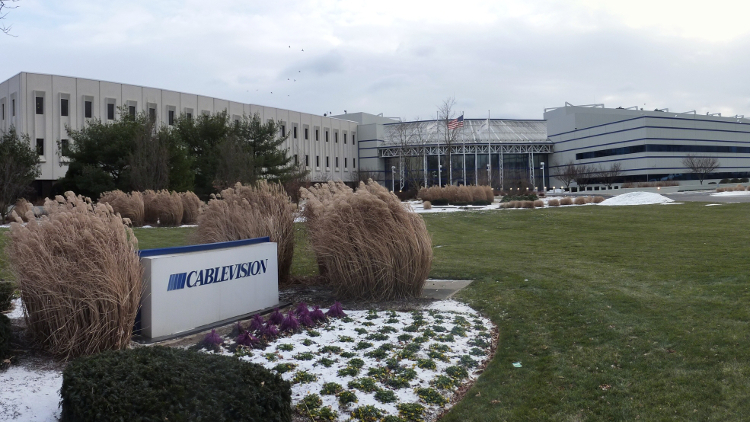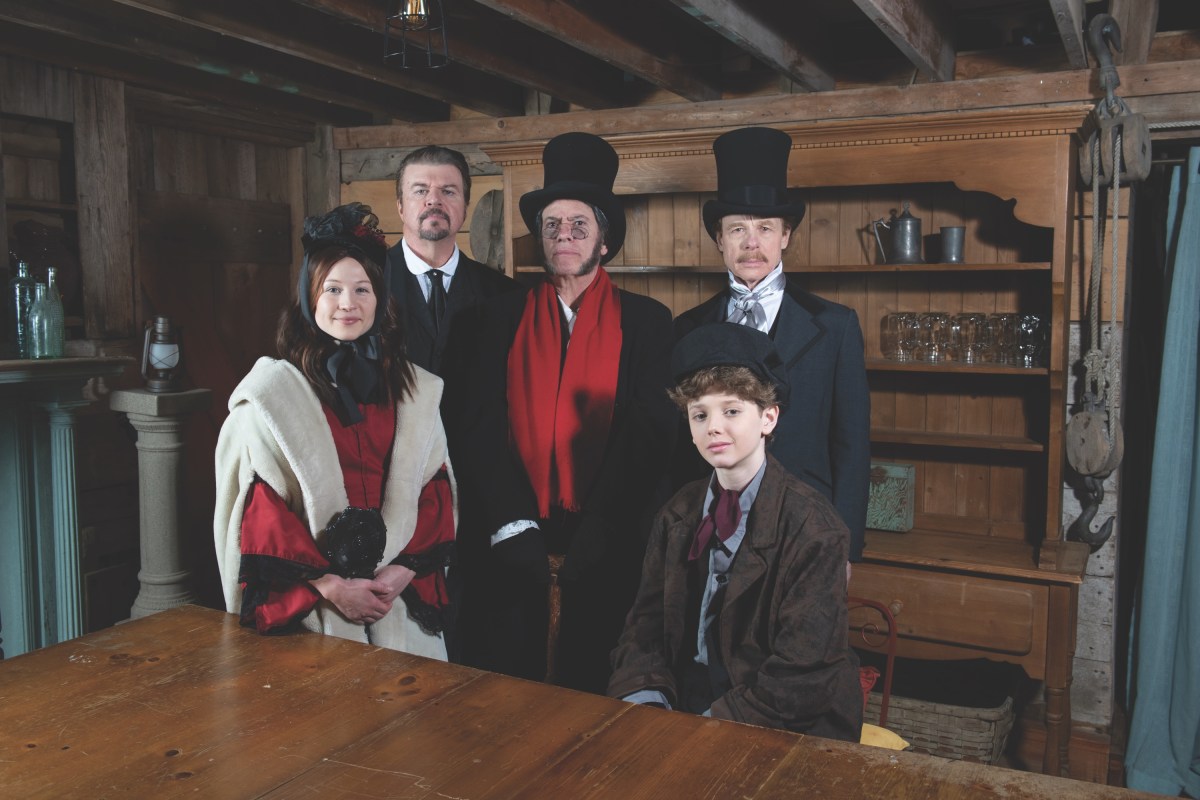Cablevision System Corp.’s Optimum Wi-Fi Hotspots are putting customers’ electronic devices’ security at risk, slowing Internet speeds and increasing electric bills, a Brooklyn man claimed in a federal lawsuit filed last month.
Paul Jensen filed the suit July 16 against the Bethpage-based cable company, which he alleged didn’t get his permission before allowing fellow subscribers to log on to the Web when they’re within range of his residential Optimum Smart Router signal, according to court papers. Cablevision called the action “frivolous.”
“Cablevision never obtained authorization from its customers to use the customers’ household routers to broadcast additional Wi-Fi hotspots that are available to the public,” the suit claims. “As a result of this unauthorized use, Cablevision is…externalizing its costs for this project onto its customers…compromising the speed of the customers’ Internet access and…subjecting its customers to increased security risks.”
Comcast, the nation’s largest cable company, is reportedly facing a similar lawsuit filed by the same attorneys representing Jensen: Joseph Bates of Arkansas-based Carney Bates & Pulliam, PLLC; Gillian Wade of California-based Milstein Adelman, LLP; plus Brian Ku, Louis Mussman and M. Ryan Casey of Florida-based Ku & Mussman, P.A. They are seeking class-action status in both cases.
Cablevision, the fifth-largest cable company in the country, suggested that the suit is a jobs program for the legal team in a statement to Courthouse News, which first reported the suit.
“Our customers love having access to Optimum WiFi both in and out of the home, and this frivolous lawsuit appears to be the result of plaintiffs’ attorneys looking for something to do,” Cablevision said in the statement. “For more than 40 years, privacy and security have been of paramount importance to Cablevision, and all Optimum Wi-Fi access points provide both convenient and secure wireless broadband connections for our customers.”
Aside from allegedly making it easier for hackers to gain access to their customers’ electronic information in violation of the Computer Fraud and Abuse Act, Jensen’s suit also claims that tests show Cablevison’s Wi-Fi hotspots saddle customers with increased electric bills.
“Engineers at Speedify, a technology company offering services to increase customers’ Internet connection speeds, have run tests on routers supplied to residential customers, which broadcast secondary Wi-Fi networks—exactly like those Cablevision supplies to its customers to establish its Optimum Wi-Fi Hotspots,” the suit said. “The test established that such devices do use more electricity than routers that only emit one Wi-Fi network, even if no one ever connects to the second Wi-Fi network, and thus the engineers concluded that companies engaging in such practices externalize millions of dollars in costs onto their unsuspecting customers in order to establish these Wi-Fi networks.”
The suit was filed several months after Cabelvision launched Freewheel, a Wi-Fi-only voice, text and data service that offers an alternative to cell service providers—although the only device option currently available is a Moto G smartphone.
Cabelvision has until Sept. 18 to file its initial response to the complaint with the court. The case is before Judge Leonard Wexler at Central Islip federal court.



























